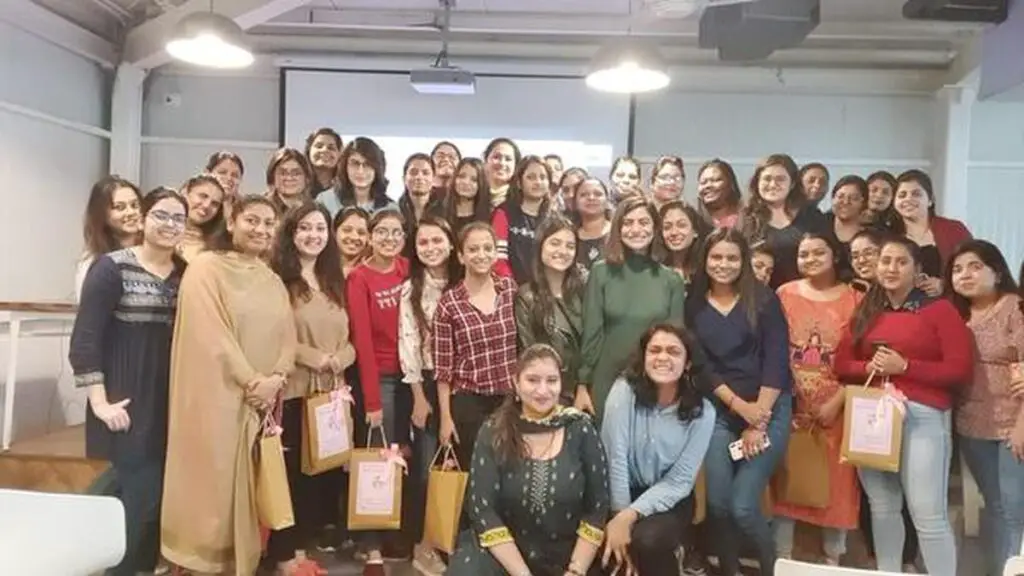Noor Shukla, a 28-year-old woman dealing with Polycystic Ovary Syndrome (PCOS), faced a traumatic experience when she sought help from an Ayurvedic specialist. Instead of providing support, the specialist shamed her for her symptoms, leaving Noor traumatized and unwilling to openly discuss PCOS. PCOS, also known as Poly-Cystic Ovary Disorder (PCOD), is a condition that causes hormonal imbalances and disrupts the ovulation process. It can lead to various symptoms such as irregular menstrual periods, weight gain, and infertility.
In India, PCOS is a tabooed disorder and women who have it often feel marginalized and misunderstood. The pandemic has had a significant impact on women’s health, with many women seeking proactive care for their conditions. Anushree Mahajan, a health and lifestyle coach, notes that in India, medical professionals often focus on dietary and lifestyle changes rather than prescription medication for PCOS. The condition also has significant mental health implications, including depression and anxiety.
To address the lack of support for women with PCOS, PCOS Club India is organizing India’s first PCOS Summit virtually on September 18 and 19. The summit will feature workshops and seminars with doctors and holistic experts to provide support and information for women with PCOS. The increased conversation around PCOS has also led to a surge in social media chatter with various hashtags being used to spread awareness. However, not all the information shared is legitimate, leading to skepticism around lifestyle tips provided by ‘PCOS influencers’.
There is a growing need for a streamlined dialogue about PCOS and a collaborative approach between medical professionals and coaches to support women struggling with the condition. Overall, the hope is for the greater community to learn more about how to better support women with PCOS and become ‘PCOS companions’.

